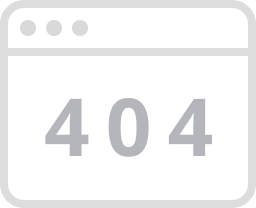
Page Not Found
We can’t find the page you’re looking for,
You can either return
to the previous page or contact our support team.
Please visit the home page of WXPress and continue

We can’t find the page you’re looking for,
You can either return
to the previous page or contact our support team.
Please visit the home page of WXPress and continue